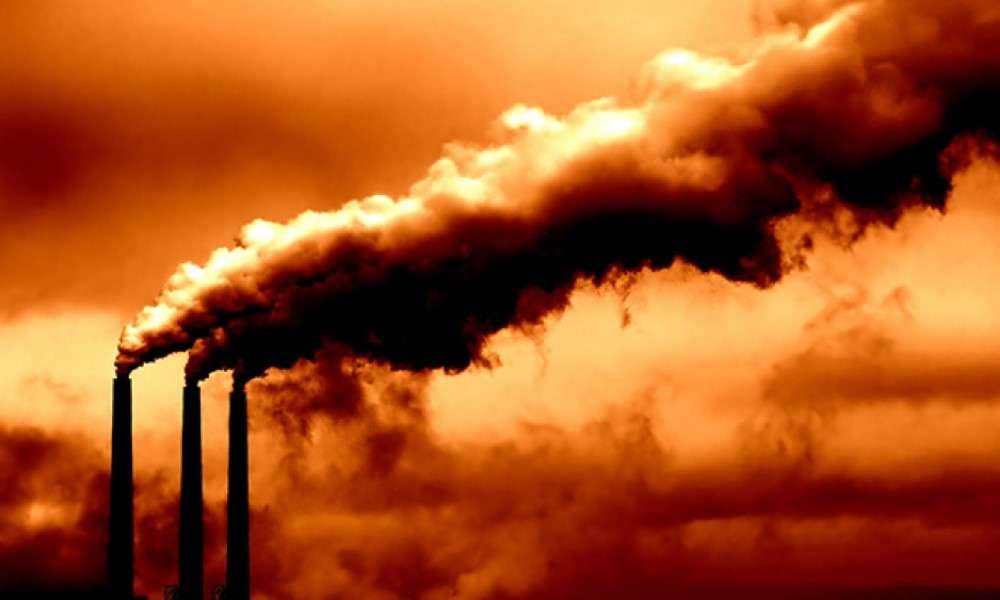5 Factors That Threaten Mother Earth
Earth Day on April 22 is an opportunity to introspect on humanity’s responsibility towards Mother Earth. We take a look at the 5 biggest threats to Mother Earth today.

Mother Earth is like a giant living organism made of many closely interrelated components. These components are constantly interacting to provide and maintain the circumstances necessary for survival. The microcosm and macrocosm have to work in unison to support life. From the tiny bacteria to forests and ecosystems which act as carbon sinks in maintaining the complex interaction of gases in the atmosphere, every component plays a crucial role.
If you were a doctor looking at Earth as a living organism, you would see that her survival is threatened. Human activity is breaking the balance of life. Unless we mend our actions, the system's ability to support life is being lost.
Here are 5 major factors that currently pose a threat to the Earth’s ability to sustain life.
Loss of Biodiversity
Ecosystems with higher levels of biodiversity are more stable and resilient. Each species is an important part of the ecosystem, specializing in their own functions and contributing to the whole. But planet Earth is currently going through a drastic change! It is estimated by experts that the current species extinction rate is between 1000 and 10,000 times higher than the natural extinction rate.
Unsustainable Agriculture
Most of our agriculture is out of balance, putting a lot of stress on Earth’s life support systems. Modern-day agriculture usually consists of a monoculture, which leads to unstable ecosystems. If a farmer grows only corn, there will be no habitat for predators which consume pests, leading to a need for synthetic pesticides. In a monoculture, there are no species with large root systems to hold the soil together, causing soil erosion. Also, there are no species to cycle nutrients and fix soil nitrogen, leading to usage of chemical fertilizers. All over the world, farm land is turning to dust leaving a large and unpleasant question as to how our future generations will provide for themselves.
Population Growth
Over the last 100 years, the population has gone from less than 2 billion to over 7 billion. Alongside the population rise, the industrial revolution has made us more capable at consuming the Earth’s resources. As population size in developing countries continues to grow by the millions, there is a rise in the already high demand on resources. This growth is damaging Mother Earth’s organs. Her liver is now unable to filter out all our toxic waste which is polluting the water we drink; and her lungs can no longer handle all the toxic smog coming from our cities, changing the balance of gases in the atmosphere. It is our responsibility to make sure she doesn't collapse.
Deforestation
During the last century, most the world’s forest cover has been lost. Trees have been providing oxygen, filtering and cleaning the water, purifying the air, preventing soil erosion in farm lands and also providing us with food. All this, for FREE! Deforestation is seriously diminishing Earth’s capacity to provide for us today and for the generations to come.
Overuse of Non-renewable Energy
Since the beginning of the industrial revolution, consumption of fossil fuels has been rising drastically. Sadly, it does not look like this will reduce in the near future. Economic growth has lead to an increase in the demand for fossil fuel based energy. So what’s wrong with all this? Not only does the burning of fossil fuel pollute the air, it also releases carbon dioxide which is a greenhouse gas and has the effect of trapping energy from the sun in the Earth’s atmosphere. This affects global weather patterns causing drastic changes and endangering ours and our planet’s survival.
Subscribe


